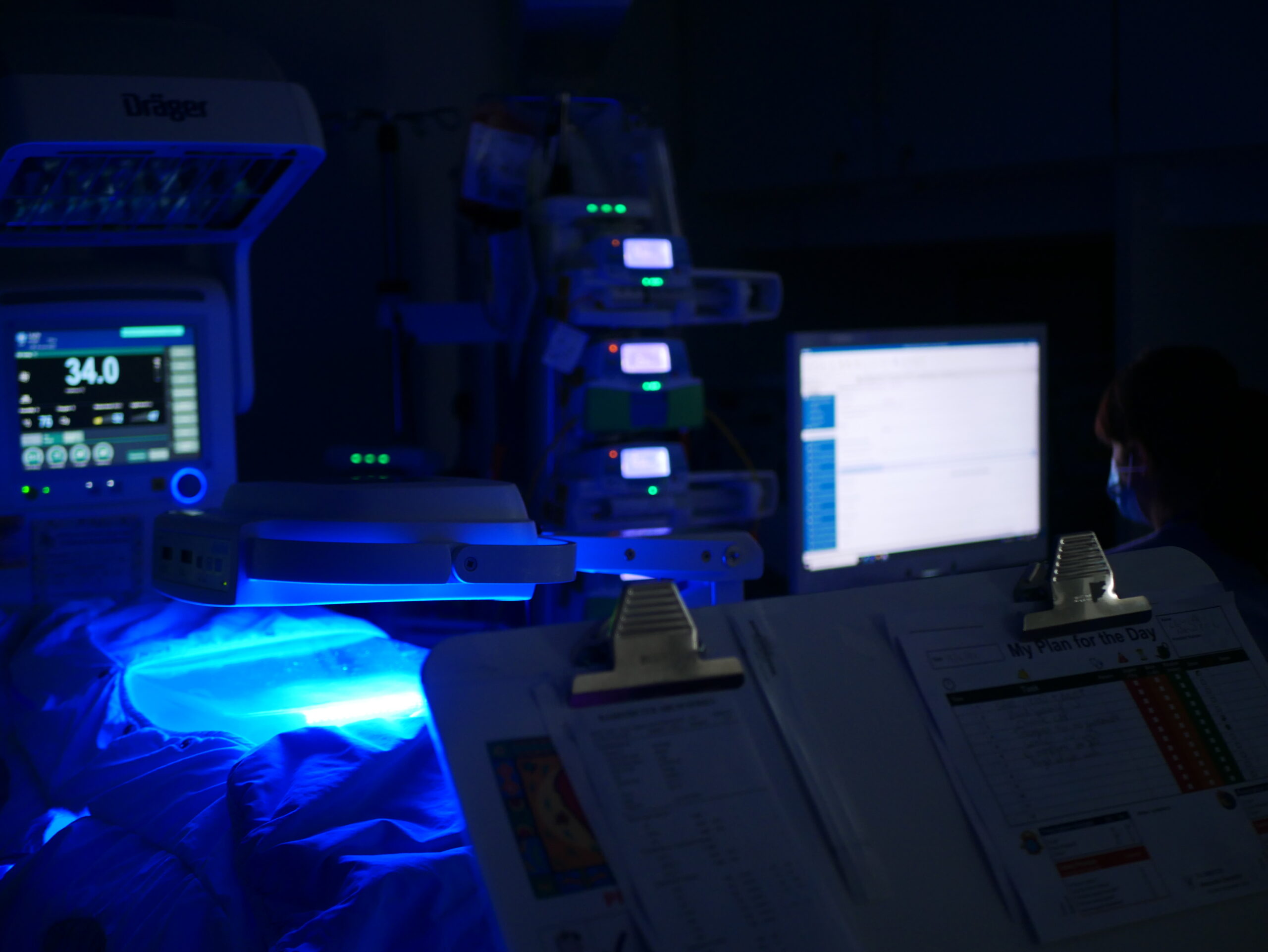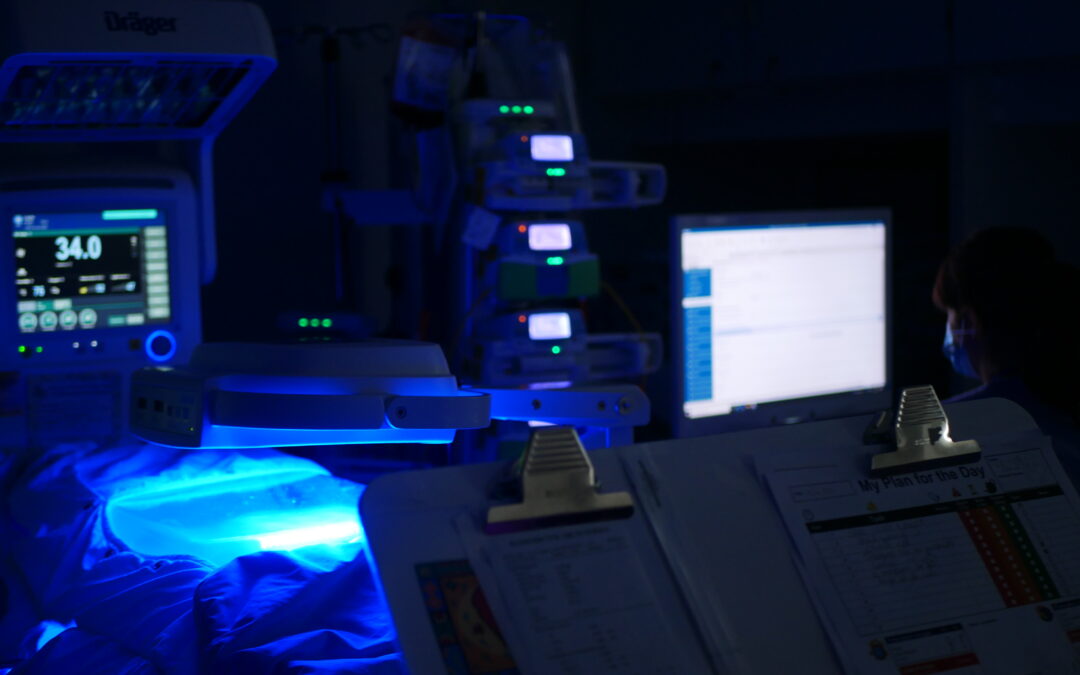
by Caroline Lee-Davey, Chief Executive of Bliss, the UK’s leading charity for babies born premature or sick.
The latest thematic report from the National Child Mortality Database, The Contribution of Newborn Health to Child Mortality across England, makes for sobering reading. While we know that perinatal mortality overall has reduced in recent years, this report shows clearly that neonatal conditions cast a long shadow over childhood mortality up to the age of 10 – and therefore cast a long shadow over the lives of the babies who experience these conditions, and their families.
It doesn’t have to be this way. Much is known about how to prevent or reduce the adverse effects that result in this significant burden of neonatal conditions on childhood mortality. There is a growing suite of resources and interventions – for example the excellent PeriPrem initiative, a good practice case study cited in the report – which are proven to address many of the issues identified: preventing pre-term birth altogether; optimising the care of babies who are born pre-term; and reducing the incidence and impact of brain injury around birth. However, despite clear national targets in England to reduce pre-term birth, neonatal brain injury and perinatal mortality, implementation of effective interventions is still patchy and inconsistent, and this report shows that much more needs to be done to deliver equitable care for all babies and families.
So what we can do next to build on existing work – and on this latest evidence – to accelerate momentum in reducing the prevalence and impact of neonatal conditions on babies in England?
Our starting point must be to work in partnership with expectant and new parents – most importantly:
- Listening to them: as the Ockenden Report has most recently, and painfully, described, both mothers and babies experience worse outcomes when parents are ignored, dismissed, and disbelieved;
- Involving them in active decision-making about their and their babies’ care: at Bliss we know well that babies in neonatal care do best when their parents are informed, empowered and encouraged to play an active role in both their decision-making and their hands-on care, and our Bliss Baby Charter quality accreditation programme works with neonatal units to enable this to happen.
But, as the report highlights, there is much more to do to deliver improvements for all babies and families. It is vital that we all work in a more focused and determined way to identify and address the health inequalities inherent in the system which mean that some babies are consistently at significantly more risk of being born pre-term, or of higher rates of neonatal mortality. Babies from socio-economically deprived backgrounds, and those from Black or Asian minority ethnic communities, are currently more likely to be born pre-term, or admitted to neonatal care at term, or to die in the perinatal period. This report also highlights the clear association between childhood death following neonatal illness and having a learning disability.
In some cases, immediate actions to start to address some of these inequalities have already been identified. These include some of the recommendations in this report, such as: auditing the implementation of the Overseas Visitor Charging Regulations to minimise the deterrent effect of charging for maternity care; ensuring that the NICE Quality Standard which covers services for domestic violence and abuse in adults and young people is used to improve the quality of care; improving parental and professional awareness of risk factors in children with learning disabilities; and ensuring staff are aware of the importance of professional interpreting services being provided throughout healthcare services.
In other areas, it is vital that we do more research – both at local service level and through national programmes – to engage with the affected communities and understand what needs to be done differently, or better, to ensure that all babies are born with the best chance to survive and thrive. This report reminds us how urgent this mission is, and I hope it can help to drive further momentum in this critical area of healthcare.

